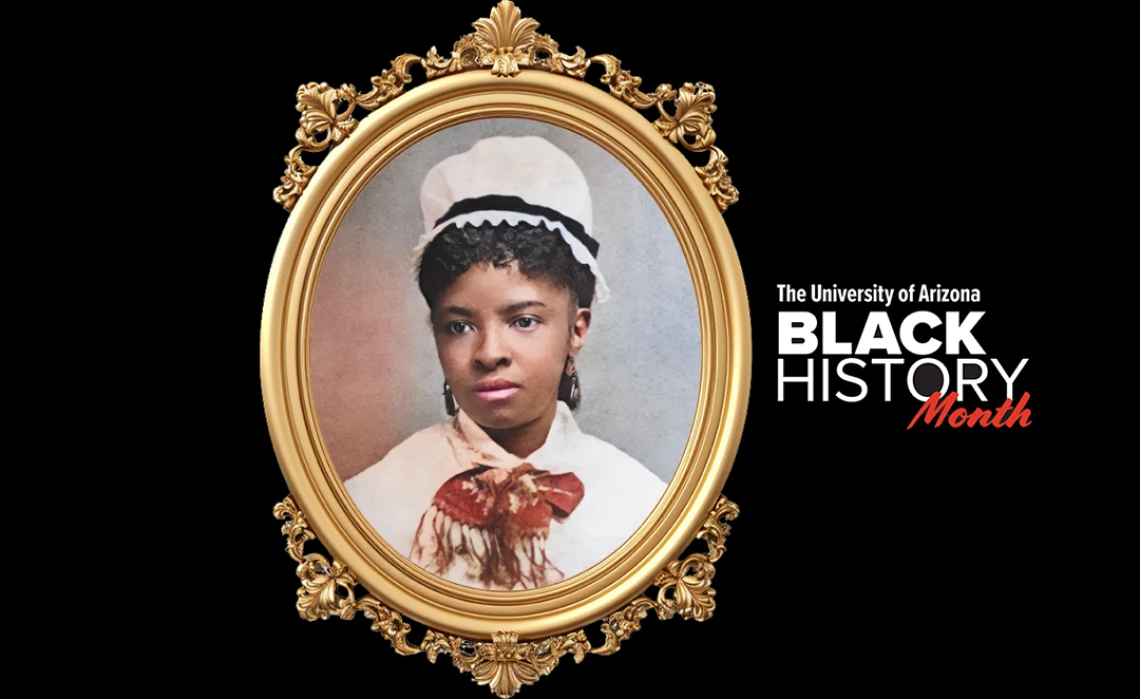Black History Month: Celebrating the first African American nurse

Mary Eliza Mahoney (colorized photo)
Mary Eliza Mahoney (1845-1926) knew she wanted to become a nurse as a teenager, so she began working at the New England Hospital for Women and Children in Boston, Massachusetts. The hospital provided healthcare exclusively to women and their children and was exceptional in having an all-women staff of physicians. Mahoney worked for 15 years here as a janitor, cook, and washerwoman. She also had the chance to work as a nurse’s aide, which allowed her to learn much about nursing.
In 1872, the same hospital established the first nursing school in the United States. Six years later, in 1878, at age 33, Mahoney was accepted into the hospital’s professional graduate school for nursing. The program, which lasted 16 months, was rigorous. Students attended lectures and gained hands-on experience in the hospital. Many students were unable to complete the program due to its numerous requirements. Only four of the 42 students who entered the program in 1878 finished it by 1879. Mahoney was one of the women who completed the program, making her the first African American in the US to earn a professional nursing license.
After completing her training, Mahoney chose not to pursue a career in public nursing due to the significant discrimination she often faced. Instead, she worked as a private nurse, allowing her to focus on the individual care needs of her clients. Most of her patients came from wealthy white families on the East Coast. She was renowned for her efficiency, patience, and compassionate bedside manner.
Mahoney was very active in the nursing profession. In 1896, she joined the Nurses Associated Alumnae of the United States and Canada (NAAUSC), now known as the American Nurses Association (ANA). The NAAUSC was primarily made up of white members who were sometimes unwelcoming to Black nurses. Recognizing the need for an organization to advocate for the equality of African American nurses, Mahoney co-founded the National Association of Colored Graduate Nurses (NACGN) in 1908. At their first national convention the following year, she delivered the opening speech, was elected national chaplain, and received a life membership.
From 1911 to 1912, Mahoney, who had worked as a private nurse for decades, served as the director of the Howard Orphanage Asylum for Black children in Kings Park, Long Island, New York City.
After 40 years in the nursing profession, she finally retired. Nonetheless, she continued to advocate for women’s rights. In August 1920, following the ratification of the 19th Amendment, Mahoney was among the first women to register to vote in Boston.
Mahoney lived to be 80 years old. After a three-year battle with breast cancer, she passed away on January 4, 1926.
Mary Eliza Mahoney’s legacy inspires and shapes the nursing profession today. As the first African American licensed nurse in the United States, she broke barriers and paved the way for many others in healthcare. Her dedication to patient care and advocacy for racial and gender equality helped lay the foundation for a more balanced nursing profession. Mahoney’s perseverance and commitment to excellence serve as a beacon for aspiring nurses, reminding them that compassion, resilience, and advocacy can bring about lasting change in healthcare.

